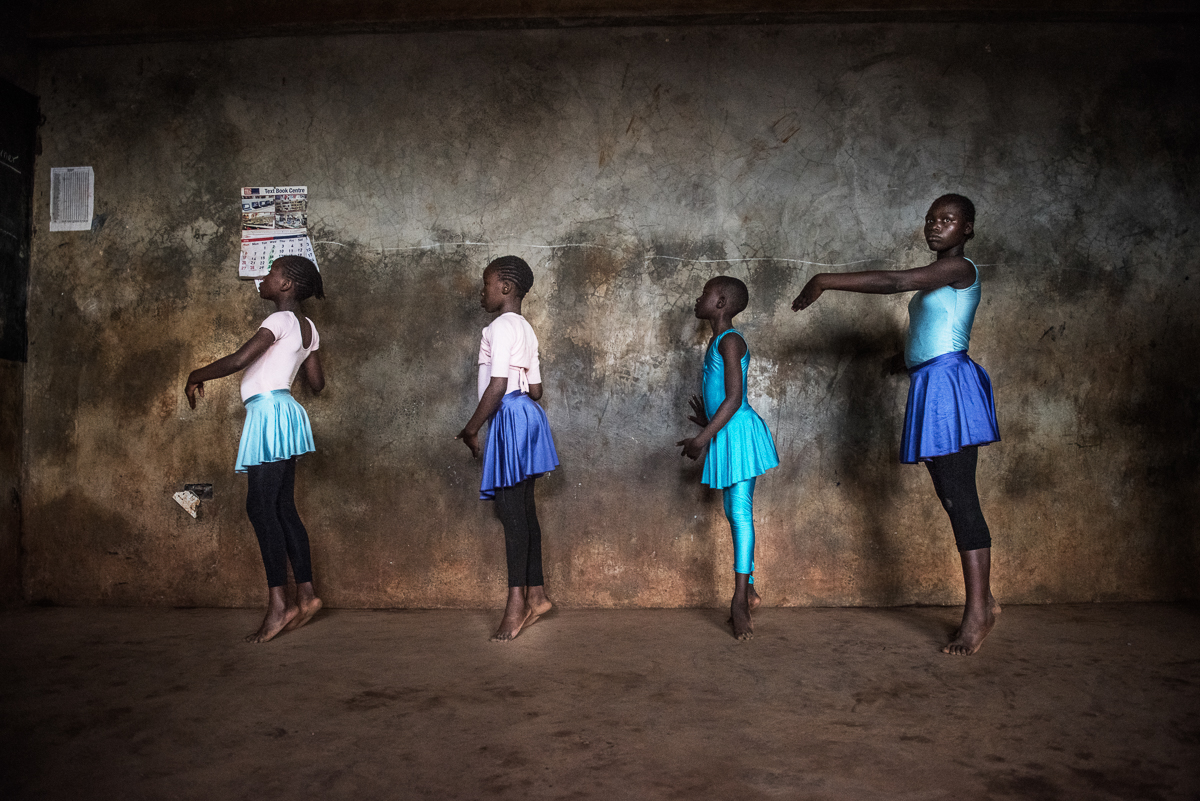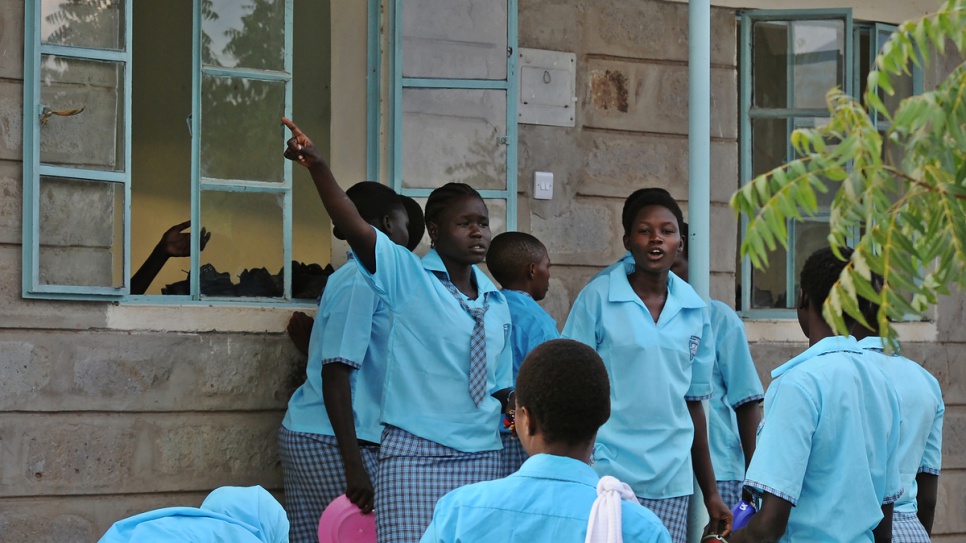In October 2017, I traveled to a small village in southern Senegal. I was there to investigate persistent allegations of sexual abuse in secondary schools.
There I met 16-year-old Aïssatou, who told me that her teacher had approached her at the beginning of the school year. “He told me, ‘What’s your name? Where are you from? I like you a lot.’ I told him ‘I don’t like you. I don’t go out with teachers.’” This appeared to be a common practice, the girls I interviewed told me. And not everyone felt able to be as forthright as Aïssatou in fending off the teacher.
We heard similar stories in other regions of Senegal, as we looked into what is keeping many girls and young women from staying in — and succeeding in — secondary school. We found that sexual exploitation and harassment by teachers is a significant concern for many girls. Some teachers approach their students –during classes, or school evening activities — then demand a favor or their phone numbers. Often, the exploitation and harassment span months– or in the case of one girl I interviewed, years.
Wherever we went, girls told us that it’s hard to get adults to believe them if they report the harassment. Worse, some adults –including those in a position of authority in schools, or even in local and national government offices—told us that adolescent girls often make things up. That girls seek to get their teachers into trouble. Or that they accuse teachers of wrongdoing because they didn’t get a good enough grade.
“ If girls accuse a teacher [of harassment], and tell the principal, the teacher will deny it,” a 17-year-old girl named Penda told me. “Girls are afraid of denouncing – they [the administration and the teachers] can even destroy our career.”
But why do adults assume that adolescent girls make things up? Why don’t the people in authority listen to what they are saying?
This is a relevant question not just for Senegal. As the #MeToo or #BalanceTonPorc movements have shown us, girls and young women face this problem in many countries and settings. In Senegal’s own discreet #Nopiwouma movement – “I will not be silent” in Wolof—has Senegalese women and girls have described facing sexual harassment, exploitation and abuse in schools, universities, at home and in the workplace –but say that these cases remain invisible and unaddressed.

When girls know that someone with authority is harassing them through text messages, touching them in sexual ways in between classes, or whispering dirty words in their ears as they are asked to write something on the blackboard—they carefully assess whether they should speak out or carry on “as normal.”
I was lucky to meet teachers who are doing just that. I remember Laila Mané a secondary school teacher and girls’ education ambassador in the town of Kolda. She has made it her mission to ensure that girls succeed in school, including by promoting a spirit of openness and safety in the school where she teaches.
Teachers and government officials should not be complicit in silencing children who try to report abuse. Girls and young women who have been harassed, exploited or abused by teachers should be able to report these abuses confidentially. Schools need to make sure that they have a system in place so that this can happen –whether trained designated teachers who can carry the complaint forward confidentially, or a confidential reporting line to child protection focal points set up by the government.
This, of course, requires a concerted effort to tackle the stereotypes that make girls feel that they are responsible for sexual exploitation and abuse committed against them. Training and workshops for teachers and students are key, but the government should embed gender issues in its long overdue curriculum on sexual and reproductive health education.
Senegal should listen to what adolescent girls have to say and address the abuse. For their part parents, teachers, religious and community leaders, and young people themselves should join forces to tell children that if someone is abusing them, it’s not normal.
The government has made it clear that it wants children to succeed in education. Now it needs to create systems to protect children at school so that they can succeed free of harassment and abuse.

